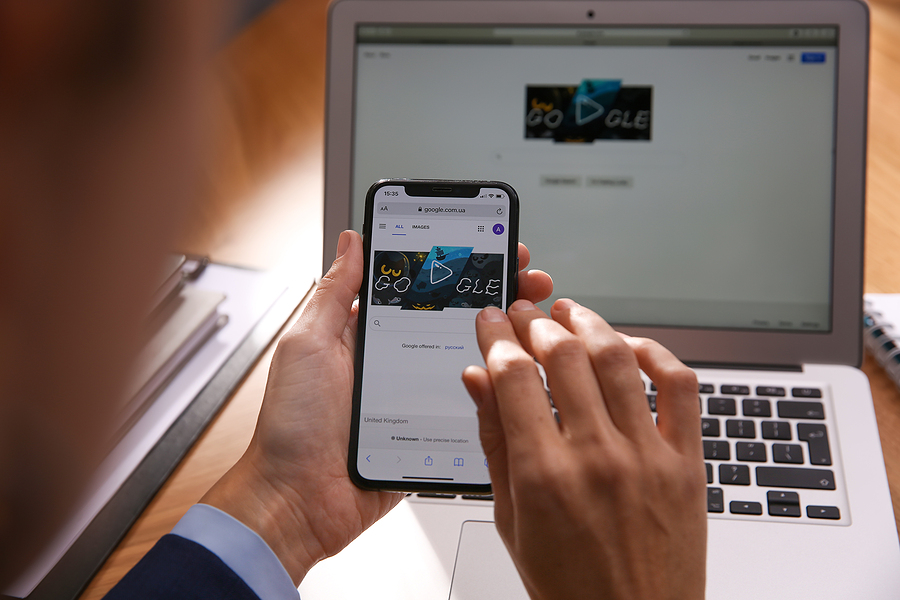How to improve your SEO and climb Google’s rankings
Where your website ranks on Google’s results page is a hugely important factor in determining how many users see your site, and can potentially become customers. SEO, or search engine optimisation is the process of improving these rankings, and subsequently driving reach and sales. The following tips will identify some specific ways in how your chosen SEO service can improve and subsequently climb Googles results ranks.
Keywords, choose wisely
Take the time to identify the search terms and keywords you want your page to show up for. This is where you should think specifically about what people will actually search when they are looking for your product or service. Identify some key terms that you want to rank highly for and focus your SEO strategy on them.
Scope out the competition
Because you have identified specifically the phrases and terms you want to target, you can now research the pages that currently dominate these terms. Do a private Google search of your keywords and asses what your competition is doing well, and what they may be missing. Try to look for gaps in their offerings as well as ways you can improve your own pages.
Write strong content
With your key words identified and your competition scoped out, it is now time to begin writing. This is the most important step, and is ultimately what Google uses to asses where you should be ranked. SEO content can include anything from landing pages, blog posts, ecommerce stores or news articles. It is ultimately content that is relevant and useful for both the consumer and Google; it should target your keywords and subsequently legitimize your page. Good content will make your page a higher priority in Googles rankings, increasing your visibility to internet users.
Use keywords effectively
Think about when you use your keywords or phrases, it is important to use them strategically throughout your content. You page title should contain your keywords in order to give them some more authority.
Keywords should also be incorporated into your subheadings and secondary headings. This also gives your key phrases some added authority, meaning that Google will begin to associate your page with these words.
However, while these keywords and phrases should be utilized throughout your content writing, it is important that you do not over use them. If certain words are over used, Google can interpret this as ‘stuffing’, or the unnecessary addition of certain words purely for the purpose of getting a better ranking. If this occurs, Google will deem your page to be less legitimate, and rank it accordingly.
Familiarize yourself with Local SEO Strategies

Local SEO is not something that you should overlook. An estimated 4 out of 5 consumers use search engines to find information on local goods and services. If you are not optimizing your website and your SEO strategies to target these individuals in your area, you could be missing out on a huge proportion of potential customers. Setting up your Google My Business is often the first important step towards improving your local SEO. According to Web Services Ct claiming your business on Google in this way will improve your online presence and take you a step closer to reaching a local audience.
Of course, this isn’t the only step involved in local SEO and you need to look into other strategies for targeting your local area, such as keyword research, link building and website optimization. If you do this effectively, people will be much more likely to come across and use your business when searching for services nearby to them.
Utilize links
Links are hugely important tools for SEO. They help to drive sales and navigate customers through your content, as well as helping to legitimize your website’s content.
- Internal links: these are as you would assume, links to other pages in your own website. Internal links help to connect your content writing to your actual product or service offering. They allow users to seamlessly browse your website.
- External links: External links, unsurprisingly, are links to other websites other than your own. Google heavily relies on external links to determine the importance, quality and authority of a page. External links to your site from other sites, and from your site to other sites, helps to show Google that your content is valuable and trustworthy.
With this in mind, try to incorporate a combination of internal and external links throughout your content. Once again, this should be done strategically, not just as much as possible. It may be a smart idea to engage in some ‘link building’ in order to increase your external links and grow your ranking.







